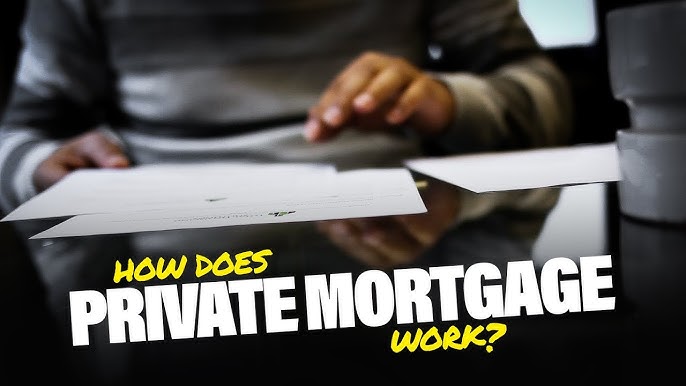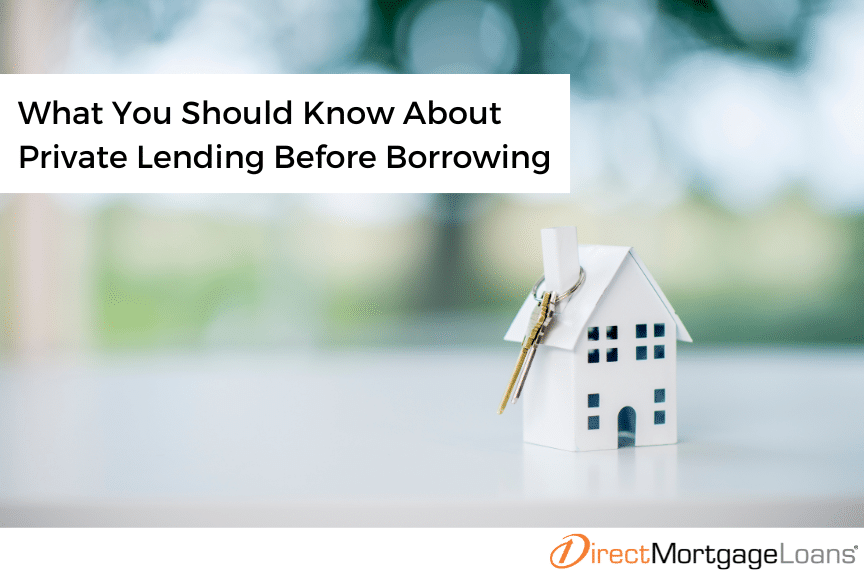Just how It Functions: A Comprehensive Guide to Mortgage Lending for First-Time Customers
Navigating the globe of mortgage lending can be intimidating for newbie customers. Comprehending the basic parts like principal, interest, and down repayments is essential. In addition, recognizing the different kinds of mortgage loans and the application procedure can greatly influence one's experience. By checking out key variables that influence rate of interest, buyers might uncover important understandings. What else should they consider prior to making such a substantial monetary dedication?
Comprehending Mortgage Essentials
When novice customers go into the domain name of homeownership, understanding mortgage essentials comes to be vital for making informed choices. A mortgage is essentially a finance secured by the residential property being acquired, permitting people to acquire a home without paying the full price upfront. Buyers need to know vital parts, including principal, passion, tax obligations, and insurance policy, typically summed up as PITI. The principal is the quantity borrowed, while interest is the cost of loaning that quantity, revealed as a percent. Tax obligations and insurance are additional costs that can substantially impact month-to-month repayments. Buyers must additionally take into consideration the finance term, normally 15 or thirty years, which affects payment quantities and general interest paid. Understanding credit history is important, as they influence car loan qualification and rates of interest. Realizing these fundamental concepts equips newbie customers to browse the mortgage landscape confidently and make choices that align with their financial objectives.
Kinds of Mortgage Loan
When thinking about mortgage options, newbie purchasers often run into two key kinds: fixed-rate and variable-rate mortgages. Fixed-rate home mortgages provide stability with constant repayments over the loan's term, while adjustable-rate mortgages can provide reduced initial rates that may vary over time. Recognizing these differences is crucial for making a notified decision.
Fixed-Rate Home mortgages
Fixed-rate home mortgages offer security and predictability for novice property buyers maneuvering the intricacies of home funding. With a fixed-rate mortgage, the rates of interest remains consistent throughout the lending term, commonly varying from 15 to thirty years. This regular price allows customers to prepare their budget plans properly, recognizing that their regular monthly payments will not rise and fall. Novice customers gain from this structure as it eliminates unpredictability in long-term economic commitments. Furthermore, fixed-rate home loans frequently include reduced preliminary rates contrasted to adjustable-rate choices, making them an eye-catching option for those wanting to develop home equity gradually. In general, fixed-rate home mortgages use a straightforward course to homeownership, ideal for people looking for long-lasting economic safety.
Adjustable-Rate Mortgages
For first-time homebuyers looking for flexibility, adjustable-rate mortgages (ARMs) can provide an enticing alternative to fixed-rate finances. ARMs commonly use reduced preliminary rates of interest, making monthly payments much more affordable in the very early years. These rates vary after a preliminary fixed duration, which can lead to boosted repayments over time. Debtors should understand the index and margin that establish future rate adjustments. Commonly, ARMs have adjustment periods of one, three, or 5 years, with regular caps to limit just how much prices can boost at each modification. While ARMs can be advantageous for those planning to market or refinance prior to the price changes, they likewise bring threats if market problems change considerably. Detailed research is crucial for informed decision-making.
The Mortgage Application Process

Key Elements Influencing Rates Of Interest

Deposits and Closing Prices
Recognizing deposits and shutting expenses is vital for novice buyers, as these expenses greatly affect the general price of a home mortgage. A down settlement is the preliminary amount paid towards the home's purchase rate, generally shared as a percentage. It can range from as low as 3% to 20% or more, relying on the car loan type and loan provider needs. A larger down payment can reduce regular monthly mortgage settlements and eliminate exclusive mortgage insurance coverage (PMI), which shields lending institutions in situation of default.Closing expenses, on the various other hand, incorporate various charges incurred throughout the home-buying procedure. These may include funding source fees, evaluation costs, title insurance policy, and attorney costs, normally amounting to 2% to 5% of the home's acquisition rate. Newbie customers should budget for both down repayments and shutting costs to ensure they can secure their mortgage and efficiently browse the home-buying process.
Tips for First-Time Homebuyers
What vital pointers can novice homebuyers comply with to browse the usually challenging procedure of buying a home? First, setting a practical budget is vital. Customers ought to analyze their financial scenario, consisting of income, expenses, and prospective mortgage settlements. Next off, obtaining pre-approval for a mortgage can supply clarity on what one can manage and reinforce their placement when making an offer.Researching areas is equally important; buyers need to take into consideration elements such as facilities, institutions, and future growths. In addition, it is suggested to collaborate with a qualified realty agent that can use useful insights and guidance throughout the purchasing process.Home evaluations should not this content be ignored, as they can reveal surprise concerns that might affect long-term contentment. Customers must stay person and versatile, understanding that discovering the ideal home might take time. By adhering to these tips, new buyers can approach the marketplace with self-confidence and expertise.
Often Asked Inquiries
What Papers Are Needed for Mortgage Pre-Approval?
For blog here mortgage pre-approval, individuals typically need to supply income confirmation, work history, debt reports, income tax return, bank declarations, and information of any kind of financial debts (Private Mortgage Lenders Savannah GA). These files help lenders analyze monetary capacity and determine funding eligibility
Can I Obtain a Home Loan With Bad Credit Score?

Numerous lending institutions think about applicants with poor credit scores, though terms might differ. Higher rate of interest or bigger deposits might be called for. Exploring options with specialized lending institutions or federal government programs can additionally enhance chances for approval.
How much time Does the Mortgage Authorization Process Take?
The mortgage authorization process normally takes between 30 to 45 days. Variables affecting this timeline consist of the lender's efficiency, the borrower's monetary documents, and the complexity of the loan application. Hold-ups might occur because of added needs.
What Happens if I Miss a Home Mortgage Settlement?
If a mortgage settlement is missed out on, late costs might be sustained, and credit report can suffer. Extended non-payment may bring about repossession process, triggering the lender to reclaim the home after a collection of warnings.
Can I Refinance My Mortgage Later?
Refinancing a home loan later is commonly possible, allowing house owners to readjust their loan terms, rate of interest rates, or month-to-month payments. Eligibility depends on credit scores, existing market conditions, and the existing mortgage's terms.